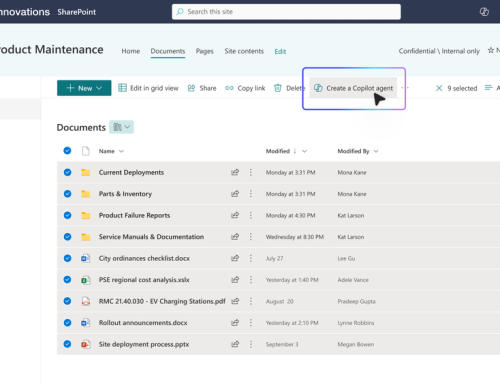“Your call will be recorded for…” Transparency is an important and desirable feature of financial services today; helping to ensure that customers get fairer outcomes from the decisions they make about financial products and services. To this end, most FS firms have measures in place to record and store phone calls, emails and document face-to-face conversations, to protect customers and the industry itself.
However, these measures have not always been successful which is why 3rd January 2018 sees new EU legislation coming in force to increase levels of transparency. It’s called MiFID II and is an updated version of 2007 legislation that set out to provide a more balanced marketplace across the EU, and improve investor protection.
10 years is a long time. Not only have we endured a global financial crisis and the fallout from that, but we have also seen huge innovation across the digital sphere that was not reflected in regulatory frameworks in 2007.
Face-to-face meetings and phone calls about financial products and services are no longer the customer’s first choice for communicating with financial institutions; similarly, employees are also favouring digital methods over traditional communications. Furthermore, the mobile revolution has had a significant impact on how employees communicate with each other and customers, and also provides access to unregulated platforms on users’ own devices.
New Media Needs New Regulation
Messaging apps like WhatsApp and Facebook Messenger both postdate MiFID 2007, and have rapidly gained in popularity in recent years. Consumers are increasingly using these messaging services for communicating with businesses and organisations, not just for social interactions.
New media presents a real challenge for financial services companies and any conversations about customers’ financial data on these platforms will fall under MiFID II scope in 2018. Already the Financial Conduct Authority (FCA) is cracking down on these forms of communication. In March this year (2017) the FCA fined a banker £37,000 for divulging confidential client information on WhatsApp, he was also suspended from his firm and subsequently resigned before the completion of the disciplinary process at the company.
While the FCA does not specifically ban the use of WhatsApp and other new media platforms, it does stipulate that organisations take “reasonable steps to prevent an employee or contractor from making, sending or receiving relevant telephone conversations and electronic communications on privately owned equipment which the firm is unable to record or copy.”
MiFID II will put the onus on the employer to ensure that all communications are recorded and that staff are compliant. With many employees using their own devices (BYOD), which may have a variety of apps installed, policies and strategies need to be put in place now to ensure compliance.
Recording and Storing All Electronic Communications
MiFID II will not just turn the spotlight on new technology but also on more established electronic communications such as video conferencing and email. While most financial services firms already have procedures in place for recording and archiving all email communications, from January 2018 MiFID II will enforce this. All electronic communications will also need to be stored securely for longer – 5 years.
Video conferencing will also fall under MiFID II, which can again be problematic for firms with staff and customers using a variety of platforms. Telephone conversations are not just confined to office landlines either, mobile calls are increasingly frequent between colleagues as well as staff and customers – especially if you have remote workers – these will all need to be recorded if they concern the sale of financial products and services.
How To Get MiFID II Ready
The first step is to ensure that COOs and Operations Managers understand how this legislation affects the business and get a detailed view on what electronic communications are in use. Staff awareness and training will also need to part of your MiFID II strategy to ensure that nothing slips through the net and goes unrecorded. Similarly, staff will need to be made aware of the problems with using certain types of communication, especially on their own private devices.
There are plenty of IT solutions that can be deployed to enable compliance with MiFID II including solutions to facilitate recording, correct and secure archiving, and to block access to platforms that are non-compliant.
If you would like to explore these in more detail contact our sales team for more information – 0330 124 3599 or sales@prodriveit.co.uk








